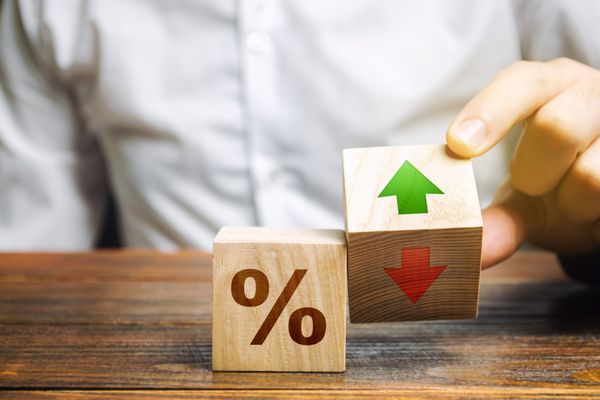A personal loan allows you to borrow money from Non-banking Financial Companies (NBFCs), banks and fintech to cover your needs and expenses. These are unsecured loans given to you based on your credit history and capacity to repay.
Personal loans serve several purposes and are, therefore, quite helpful. You can use them for anything like funding a marriage, travel, medical emergencies or purchasing an expensive gadget.
Personal loan interest rates are attractive, and due to the unsecured nature of the loan, you don’t even have to pledge any collateral.
Benefits Of Personal Loans
personal loans come with variety of benefits, such as:
- No security or collateral required
- Minimum Documentation
- Quick Loan Disbursement
- Flexible Loan Tenure of around 12 to 48 months
- Easy EMI facility
- Online application with instant approval and quick disbursal.
Emerging financial partners like Clix Capital offer personal loans at a lower interest rate. Use Clix Capital’s personal loan EMI calculator to examine future EMIs.
Factors Affecting personal loan Interest Rates
Loan providers generally set interest rates based on the loan amount and applicant’s credit risk. The following are some of the significant variables that can affect the interest rates on your loans.
#1 Credit Score
NBFCs, banks and fintechs consider applicants’ credit ratings as one of the important parameters to determine personal loan interest rates. As a result, a lower interest rate for personal loans is made available to those with better credit scores than others. Try to keep your Experian credit score at 630 or above.
You can maintain high credit scores by practicing good financial habits like paying off credit card bills and EMIs by the due dates and refraining from applying for numerous loans or credit cards at once. Remember that mistakes on your credit record might lower your credit score. Regularly check your credit reports to spot any inaccuracies.
#2 Income
The ability to repay the loan will be higher if your income is high. Consequently, the loan provider faces lesser credit risk. As a result, many NBFCs give higher-income borrowers, personal loans at reduced interest rates.
Tips to Avail personal loan at Low Interest Rate
You need to take the following factors into account to obtain a personal loan with a low-interest rate.
- Raise your credit score to 630 or above.
- Check with the NBFCs with which you already have a loan.
- Monitor interest rate reductions provided by NBFCs during the festive season.
Check your personal risk appetite and affordability in order to determine the loan amountUse a personal loan EMI calculator to estimate your monthly payment for a loan with a range of interest rates and terms. The online loan calculator helps you find the exact EMI amount you need to pay with the lower interest rate on a personal loan.
Eligibility Criteria for Personal Loans
The eligibility criteria to get qualified for a personal loans with new age financial lenders like Clix Capital is as follows:
| Age Limit | Salaried employees must be at least 21 to 58 years old. |
| Monthly Income | The minimal monthly income requirement varies per lending institution. While Clix Capital require a minimum monthly income of Rs. 20,000. |
| Nature of Employment | Salaried Employees |
| Credit Score | A minimum Experian credit score of 630. |
Should you want to understand the eligibility criteria in detail, please refer to the lender’s website.
Types of Personal Loan Interest Rates
There are two different personal loan interest rates: fixed and floating. Understanding them can help you borrow wisely.
- Fixed Interest Rate Personal Loan
A fixed-rate personal loan is an option if you want to keep your interest rate fixed throughout the duration. In addition, the fixed-rate personal loan will not benefit from reduced rates if the interest rate declines due to market conditions. Therefore, you need to make the same fixed monthly payment as a borrower.
- Floating Rate Personal Loan
The choice is known as a floating interest rate, and in this type, the interest rate varies as per the economy. This is preferable for people who don’t mind taking some risks as the interest rate may rise or fall. The interest rate decreases when the market is good, and you pay much less interest. However, there is always a chance that the market could change negatively, and the interest rate increases from what you first agreed to. Go for floating interest rates when you understand market conditions to your advantage.



